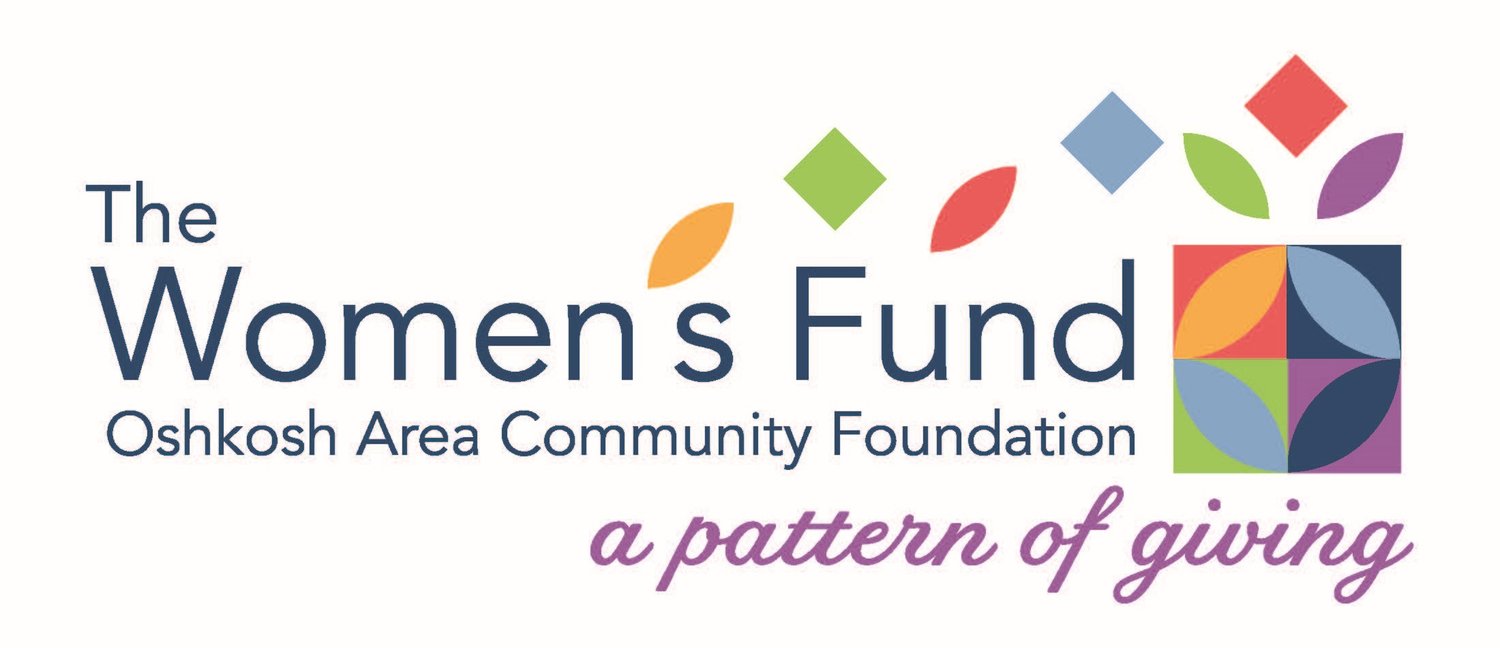state of Mental health.
It is our goal to root our efforts and initiatives in research and through listening. Listening to those who know the needs, issues and affects of those we serve, better than we do. It comes as no surprise that the topic of mental health comes up over and over and over again. So this is where we are leaning in next. In March, we had the opportunity to gather local experts in the mental health field. From therapists and clinicians, health care administrative directors, non-profit and school counselors - to share their insight.
No one is a stranger to mental health and wellness needs. Society is realizing more every day that mental health is as vital as physical health. It’s likely you are impacted daily by mental health needs, whether personally or by those close to you. Awareness and acceptance has opened up tremendously, but solutions, access, and understanding has not been able to keep up with the demand.
Listening and researching is an important part of our Women’s Fund work. We knew mental health struggles were commonplace (particularly post-pandemic) and within the population we serve. But we wanted a deeper understanding. We turned to 22 local experts who’s daily work in the mental health field gives them the best pulse on: what the struggles are, what the causes are, and what may help.
Much of what was shared, sadly did not come as a surprise. The pervasiveness of anxiety, substance abuse, and feelings of isolation were shared often. Sadly there were also some shocking surprises, including “rape Day” and a culture of sexism showing up in middle and high schools. The large increase in day care expulsions also came as a surprise.
Everything these experts shared reinforced the depth of need in these areas and that this is an area to dig in further.
There are so many factors and layers surrounding mental health issues that it can seem, no… it is overwhelming. Where can any one person, any one organization, any one community really make a gain? At the end, the focus group was asked to come up with “pie in the sky” programs, solutions, etc. they felt could “move the needle”. No, the WF does not have a capital campaign ready in the wings to fund the solutions they identified. We challenged them with this so they could tap their insider knowledge but not be limited by red tape, bureaucracy, or funding.
Some ideas that came to mind were: having resources or workshops (on mental health challenges kids are facing) for parents available during sports practices, a community center with programming that targets issues like isolation, anxiety, and much more, tech-free campaigns, an app local women can use to connect to one another, more education around brain development and brain health in kids and teens…these are just a few of the many ideas that came out of the focus group.
Big problems require big solutions. Yet often, solutions must start small. Our take-aways from these mental health discussions were numerous. We’re actively working to identify where the WF can be a conduit of support based on the insights and ideas these experts shared. While we don’t have an exact direction mapped out yet, we know we’re on a path of great need. If you’re interested in supporting or knowing more about the initiatives that stem from this work, please contact Karlene Grabner, [email protected].
Our most sincere thanks to those who lent their voice and insight to these conversations.
